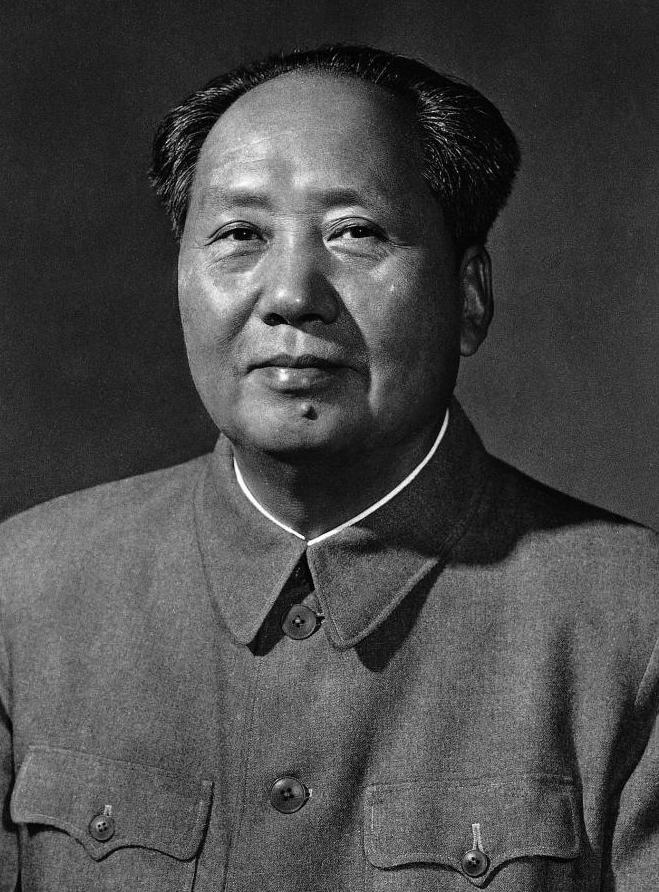
Maoism
Maoism, also known as Mao Zedong Thought, is a variety of Marxism–Leninism that Mao Zedong developed while trying to realize a socialist revolution in the agricultural, pre-industrial society of the Republic of China and later the People's Republic of China. A difference between Maoism and traditional Marxism–Leninism is that a united front of progressive forces in class society would lead the revolutionary vanguard in pre-industrial societies[1] rather than communist revolutionaries alone. This theory, in which revolutionary praxis is primary and ideological orthodoxy is secondary, represents urban Marxism–Leninism adapted to pre-industrial China. Later theoreticians expanded on the idea that Mao had adapted Marxism–Leninism to Chinese conditions, arguing that he had in fact updated it fundamentally and that Maoism could be applied universally throughout the world. This ideology is often referred to as Marxism–Leninism–Maoism to distinguish it from the original ideas of Mao.[2][3][4]
"Maoist" redirects here. For the novel by Roopesh, see Maoist (novel).Mao Zedong Thought
毛泽东思想
毛澤東思想
Máo Zédōng sīxiǎng
Máo Zédōng sīxiǎng
Mao2 Tse2-tung1 ssŭ1-hsiang3
Mo4 Zaak9-dung1 si1 soeng2
From the 1950s until the Chinese economic reforms of Deng Xiaoping in the late 1970s, Maoism was the political and military ideology of the Chinese Communist Party and Maoist revolutionary movements worldwide.[5] After the Sino-Soviet split of the 1960s, the Chinese Communist Party and the Communist Party of the Soviet Union each claimed to be the sole heir and successor to Joseph Stalin concerning the correct interpretation of Marxism–Leninism and the ideological leader of world communism.[2]
The term "Maoism" is a creation of Mao's supporters; Mao himself always rejected it and preferred the use of the term "Mao Zedong Thought".[6][7]